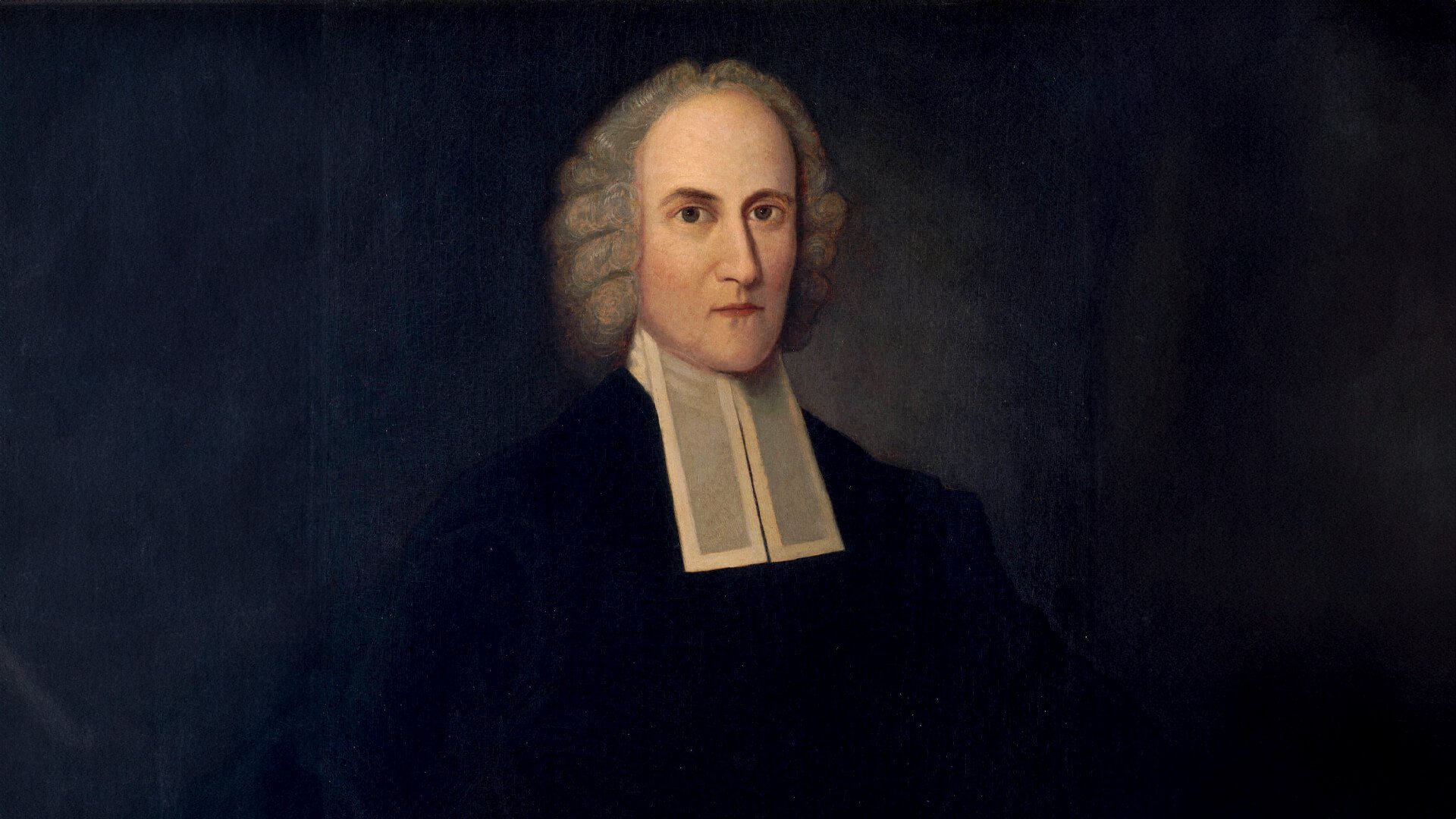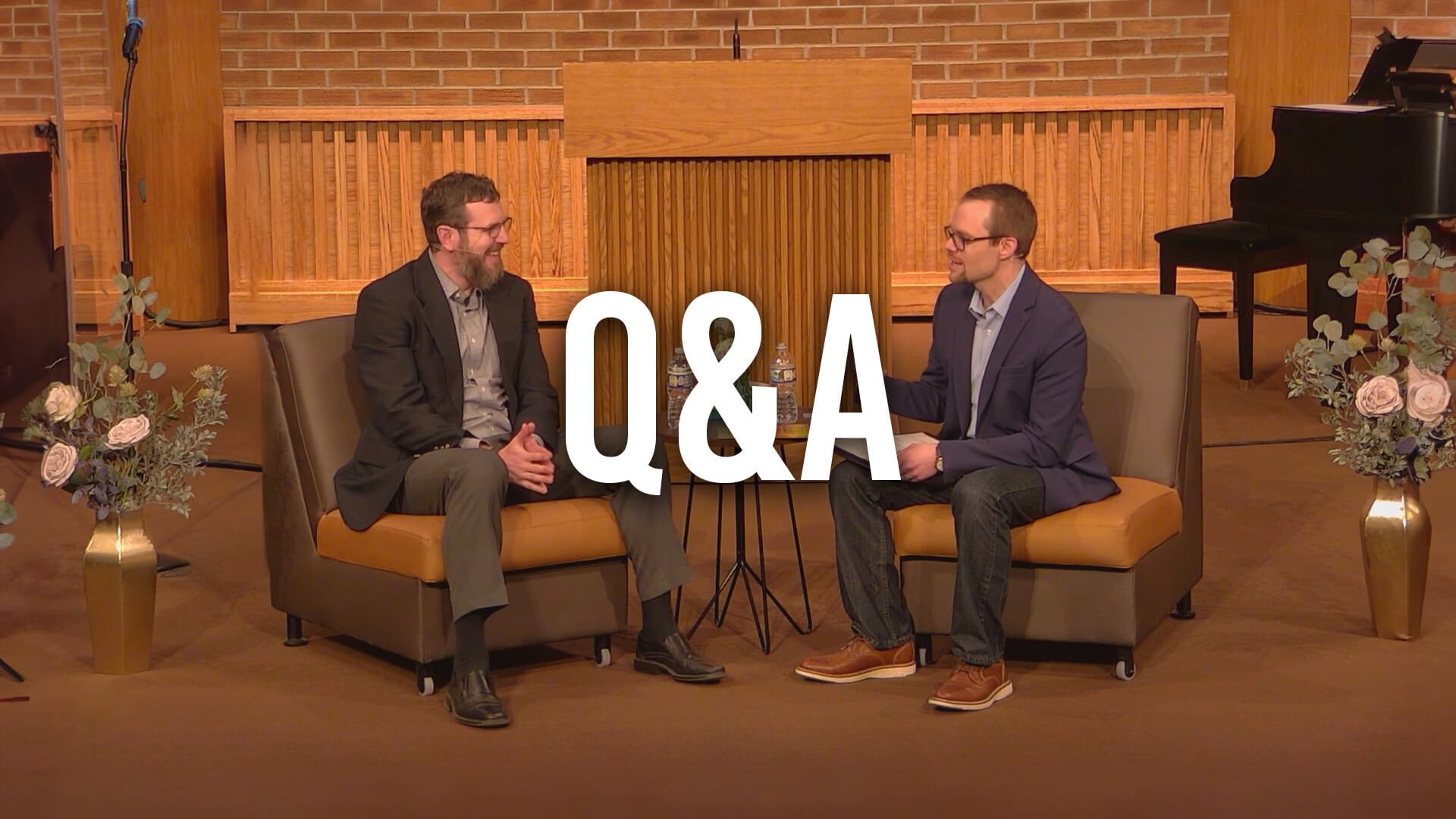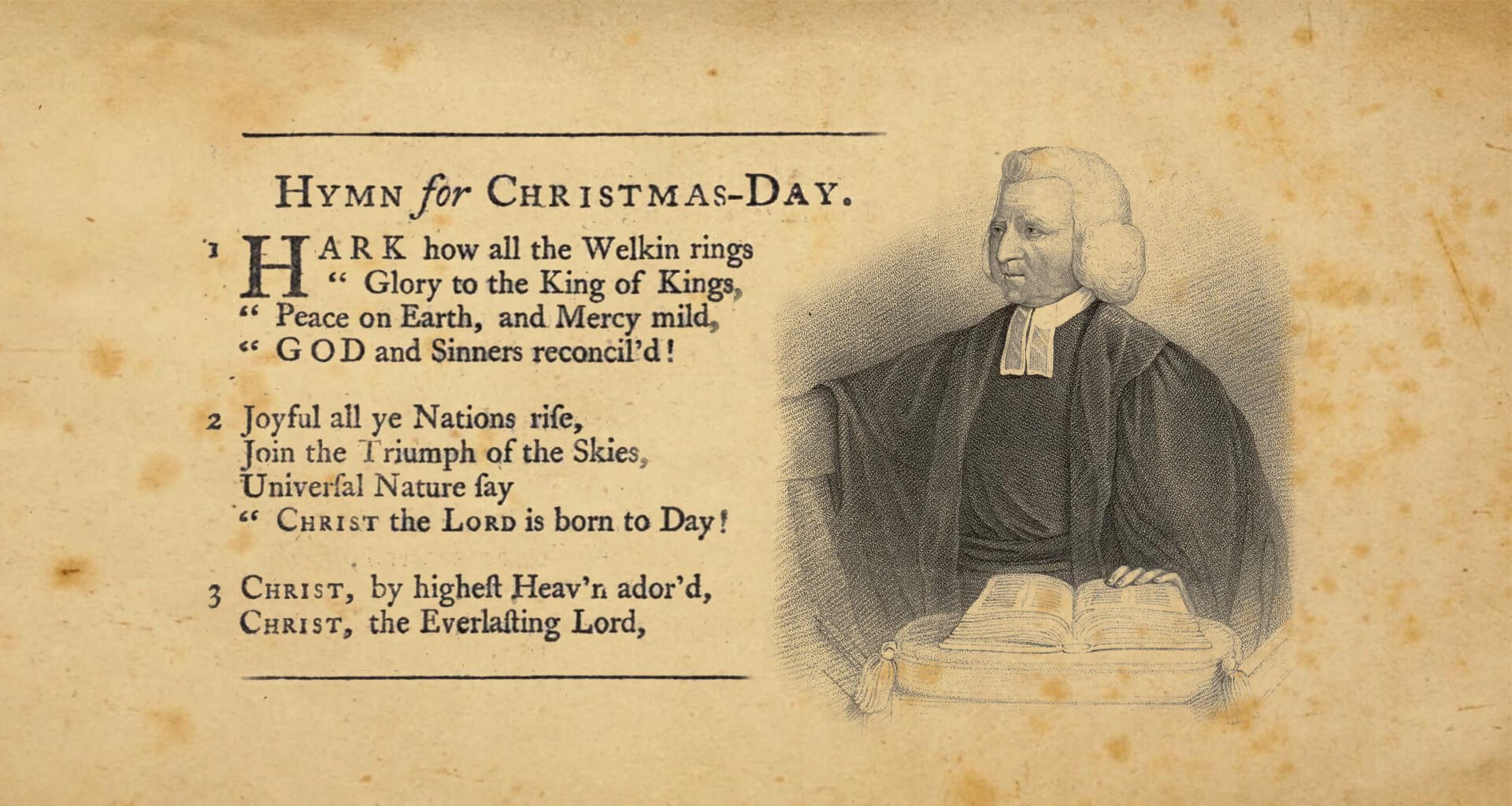
Welcome to Reasonable Theology!
ReasonableTheology.org exists to help you better understand, articulate, and live out the Christian faith.
It’s all about presenting sound doctrine in plain language.
LISTEN TO THE PODCAST
New to the site? The podcast is a great place to start.
Here you’ll find interviews and discussions on theology, apologetics, church history, Christian living, and more.
Learn more about the Wingfeather Saga from Executive Producer Brock Starnes
Greg Koukl returns to the podcast to talk about his new book ‘Street Smarts: Using Questions to Answer Christianity’s Toughest Challenges.’
Learn more about America’s most influential theologian
Join me for a Q&A with Dr. Andy Naselli on the topic of sanctification.
Listen & Subscribe
READ THE LATEST ARTICLES
Here are the latest articles to help you grow in your knowledge of and love for God and His Word
There is no shortage of recommended reading lists out there, and you likely have several books sitting on your shelf still waiting to be read. Unfortunately, it can be a struggle to find the time to sit down with a good book. So how can we manage to get more reading done? Thankfully, the solution is not to try to increase our reading speed. With these 4 simple methods you’ll be reading more books and finishing them faster. Here are…
“Hark how all the welkin rings, Glory to the King of Kings!” Wait…what?
What are the Five Solas, and what do they have to do with Reformed Theology? The “Five Solas” are Latin phrases that collectively served as foundational principles of the Protestant Reformation. The Reformation was a movement that began in the 1500’s and sought to “reform,” or correct, the doctrinal errors of Roman Catholicism. The Five Solas identified the distinctive theological positions held by the reformers and continue to serve as distinguishing characteristics of Reformed Theology. Below is a brief description…
Wisdom. Power. Wealth. These 3 siren songs can beckon the heart of believers away from a full commitment to pursue Christ.
WATCH THE LATEST VIDEO
Subscribe On YouTube
There’s a ton of video content available on the YouTube channel. Here’s the most recent video, and you can subscribe below so you don’t miss the next one!
GET THE NEWSLETTER
Add Some Theology to Your Inbox
Each edition of the Reasonable Theology newsletter contains my latest article or podcast episode PLUS:
- A Theological Word or Phrase Explained Quickly and Clearly
- A Painting Depicting a Scene from Scripture or Church History
- Audio of a Hymn or other Musical Selection to Enjoy
- A Recommended Book or Resource to Expand Your Library















